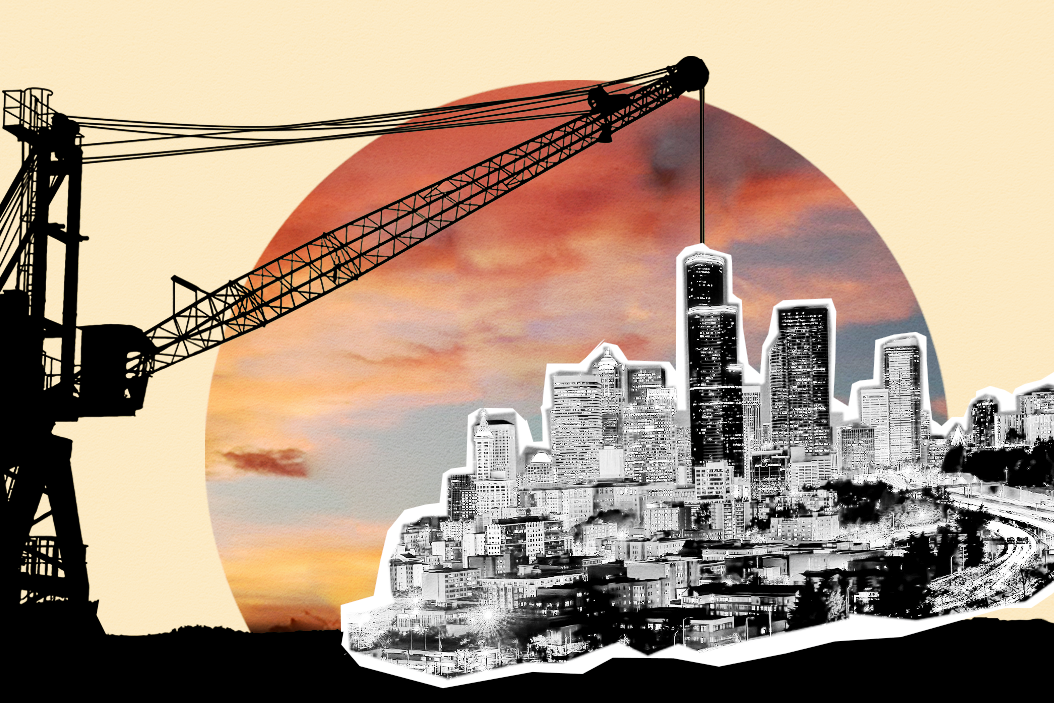Living Beyond Borders Articles
October 25, 2020
The construction of China's "perfect city" In April 2017, China's President Xi Jinping personally chose the site for the Xiongan New Area, about 60 miles south of Beijing. What's the Xiongan New Area? It's not only an attempt to relieve the crushing congestion of China's capital city, it's a bold bid to create a "city of the future." Of the 1,000 "smart city" projects around the world, half are in China, and Xiongan is the most ambitious in scale. Its architects say it will serve the needs of citizens with high-tech smart infrastructure and higher environmental standards than exist elsewhere in heavily polluted China. But it will also serve as a laboratory for cutting-edge surveillance of the city's residents. By following its progress and measuring its successes and failures, we'll learn much about how "smart cities" can create a higher quality of life for us all—but also how governments can use new tools to compromise personal privacy in the name of social order. The Xiongan project, with full political and financial backing of the Chinese government, is due for completion in 2035.
Cities going at it alone: As the coronavirus tore through cities around the world the message from some federal governments was clear: you're on your own. In the US, the Trump administration told hard-hit states seeking personal protective equipment for urban healthcare workers to "try getting it yourself," causing governors representing the hard-hit states of Maryland, New York, and Massachusetts to find ingenious ways to source supplies. In New York City and Los Angeles, local officials bypassed directives from the Trump administration to hastily reopen schools, despite threats that their cities could lose federal funding. In Brazil, meanwhile, local officials representing battered hubs like São Paulo butted heads with the Bolsonaro government for undermining their efforts to keep the public safe. Indeed, COVID-19 has highlighted a global trend that has been developing for some time, whereby cities — home to more than half of the global population — have been increasingly bypassing federal authorities to tackle key issues affecting their constituents, including climate change and cybersecurity. Competing priorities in steering the post-pandemic recovery in several countries has only further pitted states and cities against federal governments, suggesting that in the months and years ahead, cities will go at it alone more often, particularly during crises.
How will COVID-19 affect future urban planning? While it's easy to assume that the pandemic will "destroy" highly congested urban centers, throughout history some modern cities actually benefited in the long term from the lessons learned from dealing with a public health crisis. For instance, London only embarked on the engineering marvel of its present-day sewer system after it was crushed by cholera — a water-borne disease — in the 1850s. Urban planners widely expect that future cities will be designed to be healthier for residents. But which cities will have the cash to reinvent themselves as "safer" areas to live and work? The coronavirus has wreaked economic havoc on urban centers worldwide in developing and developed countries alike, and cash-strapped local and national governments may prioritize getting people back to work and helping those who have lost jobs. We're watching to see which mayors will see the wisdom in spending on pandemic-proofing their cities, and which cities will get left behind because they made a false choice by thinking only about their short-term problems.
From Your Site Articles
More For You
- YouTube
For many in Iran, it’s a waiting game for how long Ayatollah Khamenei has left to live.
Most Popular
An army soldier stands guard at a post at the Friendship Gate, following exchanges of fire between Pakistan and Afghanistan forces, at the border crossing between the two countries in Chaman, Pakistan February 27, 2026. Picture taken with a mobile phone.
REUTERS/Abdul Khaliq Achakzai
In a 30-minute call on Thursday, President Donald Trump reportedly told Ukrainian President Volodymyr Zelensky he wants to end the war with Russia as soon as possible — aiming for a deal by summer, but ideally within weeks.
Former British ambassador to the U.S. Peter Mandelson leaves his residence after he was released following his arrest by London police on Monday on suspicion of misconduct in public office, following the release of U.S. Justice Department files linked to the late financier and convicted sex offender Jeffrey Epstein, in London, Britain, February 26, 2026.
REUTERS/Toby Melville
The ghost of Jeffrey Epstein continues to haunt the world.
Think you know what's going on around the world? Here's your chance to prove it.
© 2025 GZERO Media. All Rights Reserved | A Eurasia Group media company.
